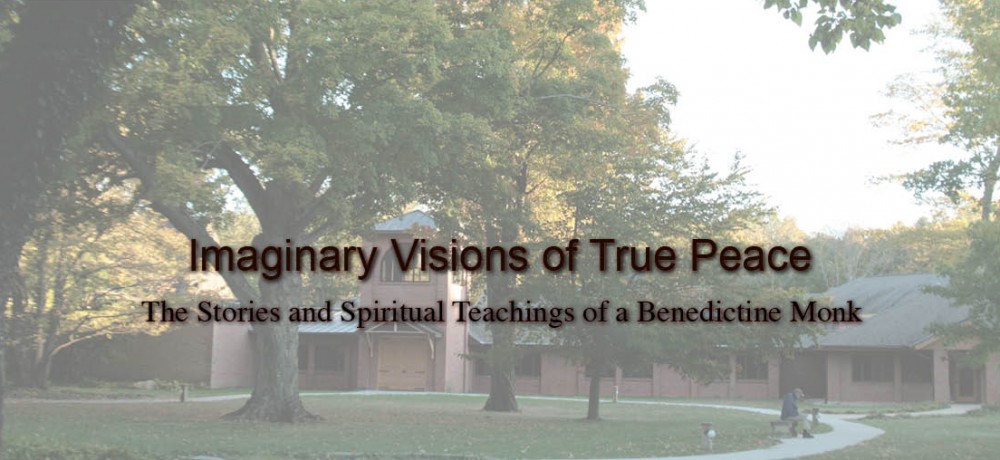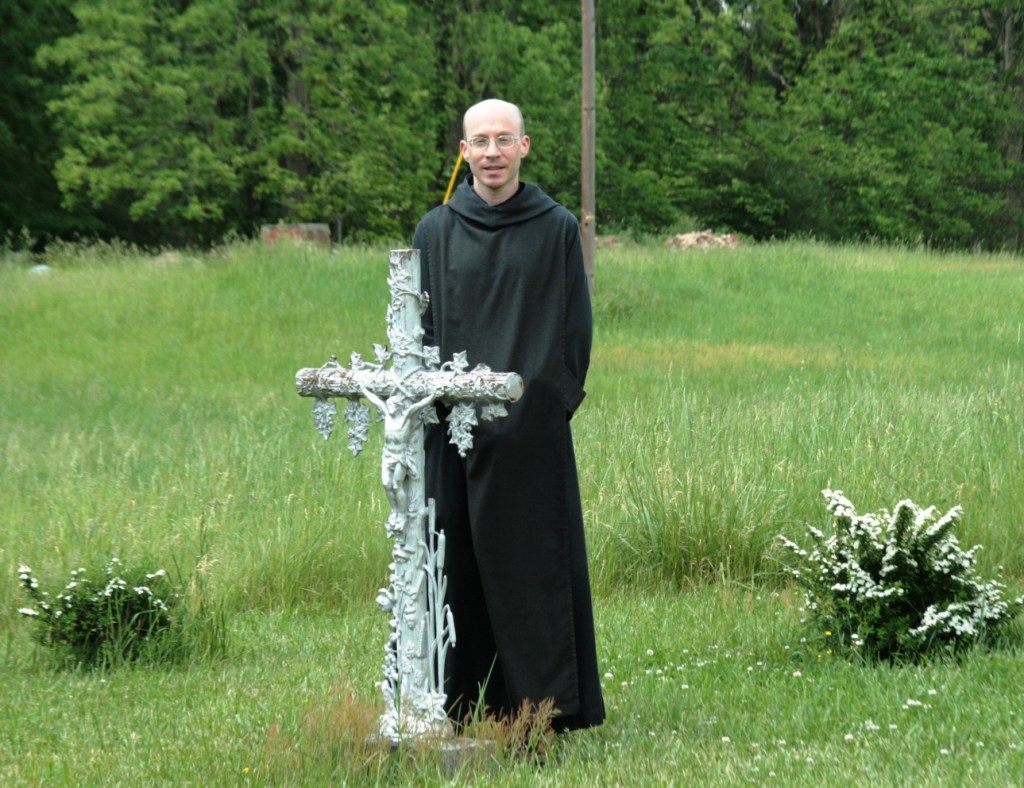
Since I commented on the Parable of the Two Brothers and the Vineyard in my book Moving and Resting in God’s Desire, I will quote my brief comments here:
One brief parable Jesus told are about two brothers, asked by their father to work in the vineyard. One said he would go but he didn’t, the other said he wouldn’t go but then he did. Which did the will of the father? (Mt. 21:28-32) Jesus’ listeners took the bait and took sides, but I don’t think that is the way to respond. Short as this parable is, it suggests that the two brothers are embroiled in mimetic rivalry to the extent that they always say the opposite of what the other says and do the opposite as well. That is, they react to each other and not at all to the father. Both then, have failed to respond to the father and both are in need of forgiveness and mercy. When Jesus responds to his listeners by pointing out that tax collectors and prostitutes believed John the Baptist and they didn’t, he is hinting that the victims of their mimetic rivalry are entering the Kingdom ahead (and maybe instead) of them.
The rivalrous context of the parable increased the likelihood that Jesus’ listeners would hear the parable rivalrously as I suggest they did. The chief priests and elders were trying to stoke tensions, which were already high, by asking Jesus by what authority he did the things he did, most especially his provocative act of cleansing the temple. Jesus deflected the question by asking them if they thought John’s baptism had come from God or was only John’s human initiative. Since the chief priests and the elders were not willing to publically commit themselves, Jesus was not going to commit himself either. He must have realized that they were not going to admit that Jesus’s authority came from heaven any more than they would admit the same of John.
It is worth noting that fraternal strife is a running thread throughout the Hebrew Bible, starting with Cain and Abel. Except for Abel who was killed, the “righteous” brother who wins each struggle can in some ways be seen to be compromised, such as Jacob having trouble believing in Esau’s forgiveness and Joseph testing his brothers severely before reconciling with them. This same fratricidal strife continues throughout Israel’s history with the strife between the divided kingdoms. The parable can also be taken as referring to fraternal strife between Jew and Gentile as is conventionally done, another layer of fraternal strife on a broader scale in Israel’s history. This strife suggests that nobody had both committed to going to the vineyard and actually doing it.
The famous hymn in Philippians 2 shows how Jesus renounced rivalry in a radical way, the same way that Jesus renounced rivalry in his altercations with the chief priests and elders. Since Jesus was not in rivalry with anybody and his attention was directed to the will of his heavenly Abba, Jesus said he would go into the vineyard and went. In this way, Jesus’ authority came from heaven. It is this obedience and renunciation, that, as Paul’s hymn says, led Jesus to the cross where his death offers us a way out of the rivalry that marked not only Israel’s history, but the history of all humankind.
See also Moving and Resting in God’s Desire

